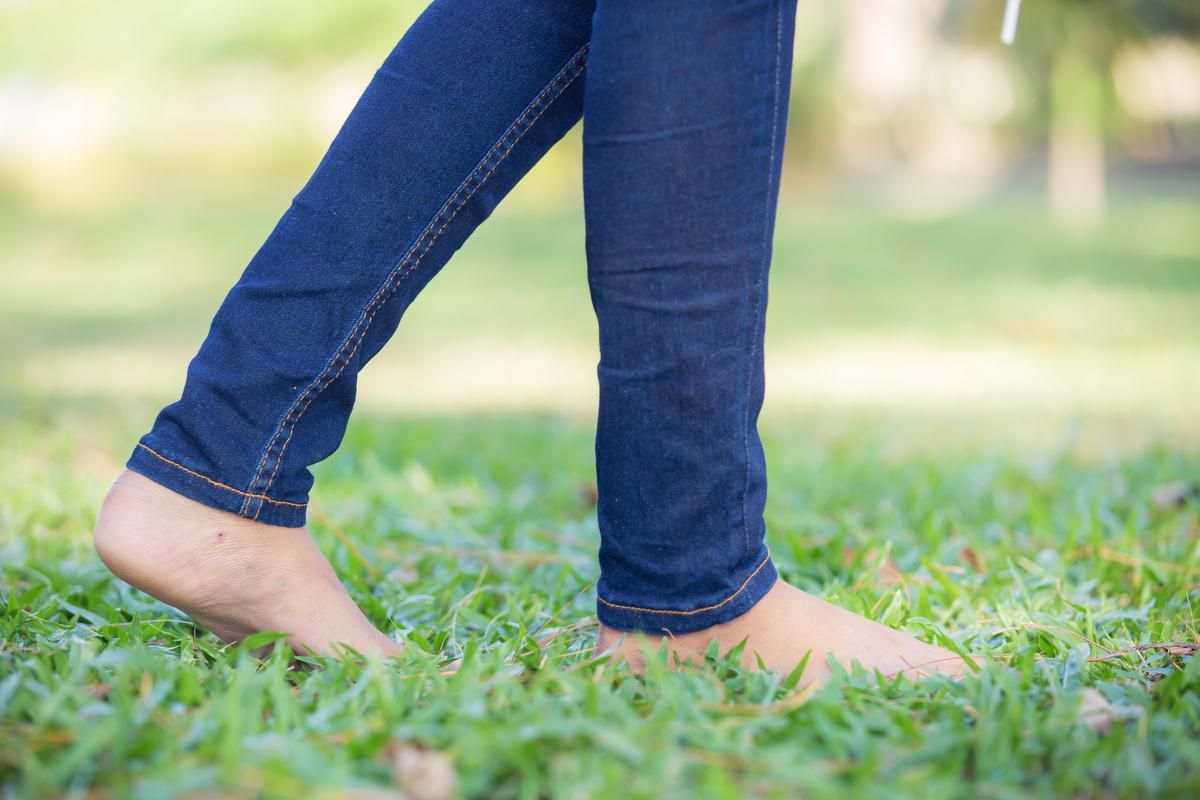
By Carrie Dennett The Washington Post Mon., July 16, 2018 It is no secret that spending time in nature is good for you. For years, researchers have been detailing how people who live near green spaces — parks, greenbelts, tree-lined streets, rural landscapes — have better physical and mental health, and practices such as Japanese forest bathing and Nordic hygge, which has a strong outdoorsy component, are being embraced here in the United States. Could grounding be next? I was intrigued when a colleague recently recommended a mutual patient — seeing her for stress management and me for nutritional advice — experiment with walking barefoot in the grass for a short time each day. A few weeks later, I stumbled across an article that gave a name to that practice — grounding. The idea behind grounding, also called earthing, is humans evolved in direct contact with the Earth’s subtle electric charge, but have lost that sustained connection thanks to inventions such as buildings, furniture and shoes with insulated synthetic soles. Advocates of grounding say this disconnect might be contributing to the chronic diseases that are particularly prevalent in industrialized societies. There is actually some science behind this. Research has shown…